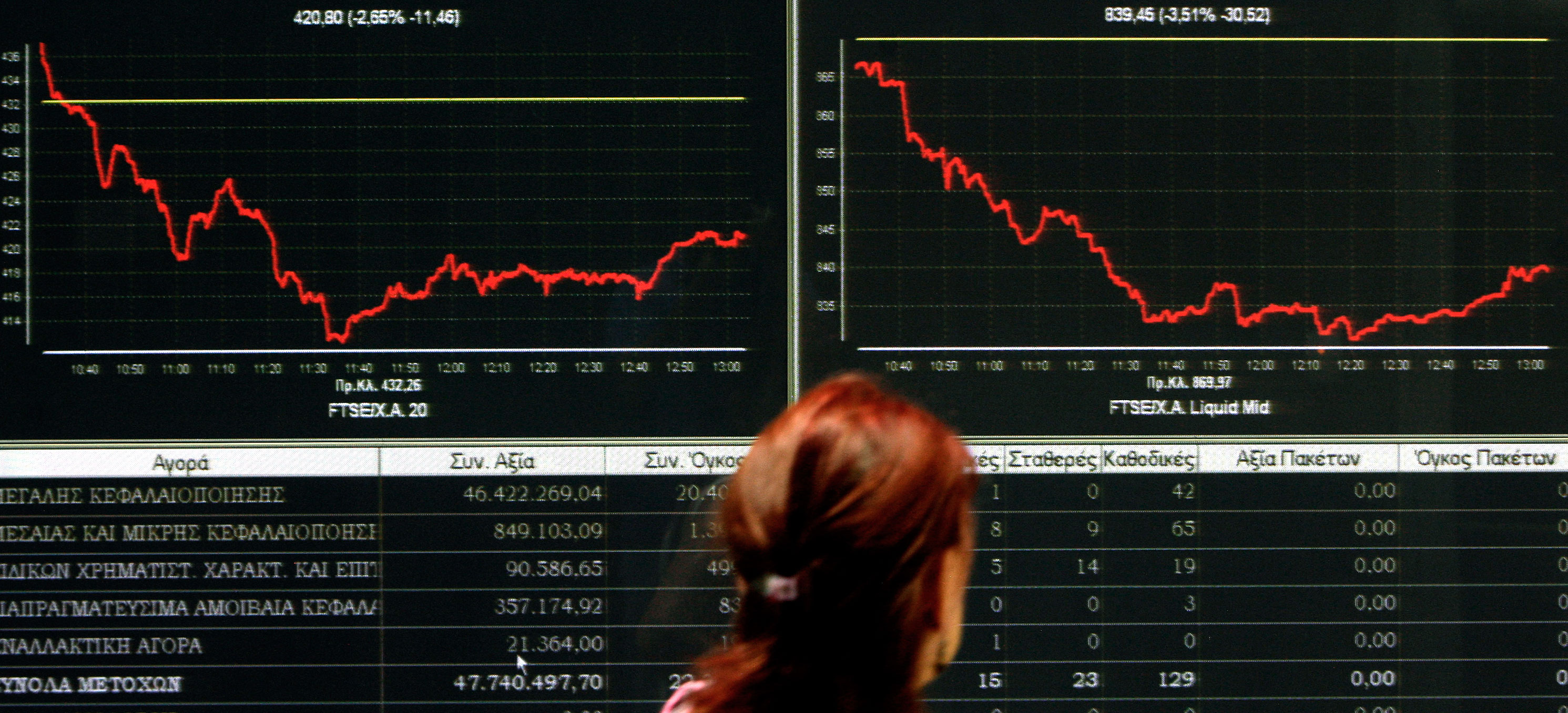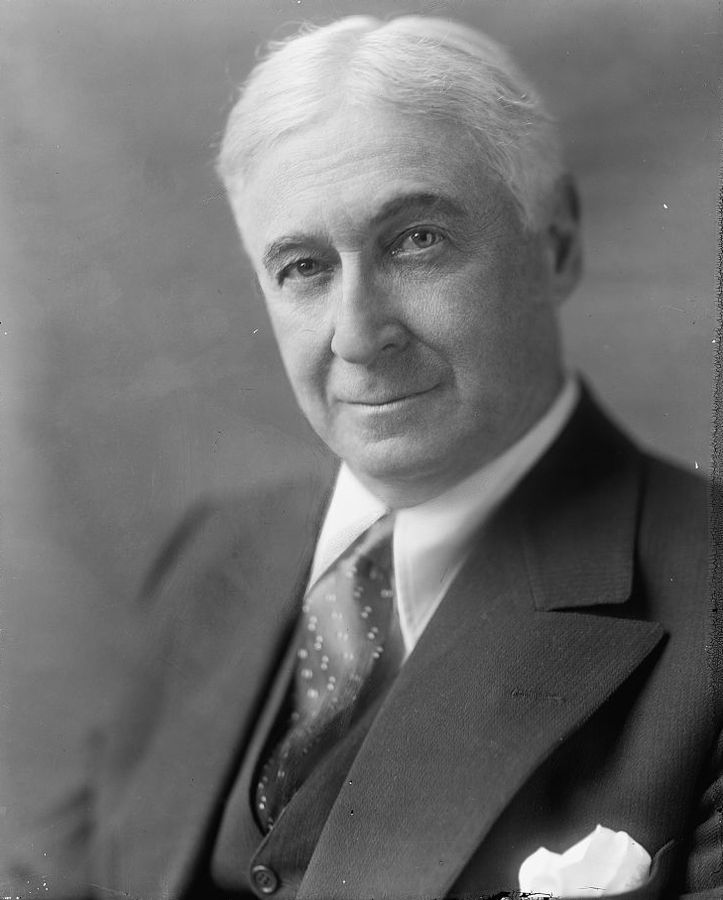
Vlad Gubernat is a full-time trader based in Romania who shares his thoughts on his blog JLTrader.
Last week's unexpected move by the SNB is still the main discussion topic in Forex traders' circles, so my article today will also relate to it, albeit from a different perspective. If you will, it's a continuation of my previous article.
One of the main attractions, at least as far as I'm concerned, of the forex market is its Liquidity - a few trillions (yes, with a "t") dollars on average are traded every day. This makes currency trading the most scalable form of trading, but also gives one the ability to apply a rigid risk control, knowing that the bid and ask are always present. There are a couple known exceptions though: As the markets are closed over the weekend, there's always the risk of an opening gap on Monday, which sometimes can be quite big. Then we have important announcements like the NFP or Central Banks' statements that can also lead to gaps. Because we know of these events beforehand, we can prepare for them - either by lightening positions or by closing them altogether. And now let's see what SNB has to do with all this.
Since they introduced the EUR/CHF rate floor at 1.2 in September 2011, they not only made this pair untradeable - the most obvious effect, but they also attached a ticking time-bomb to all CHF pairs. A bomb which finally exploded on Thursday, January 15th, 2015.

Paul Tudor Jones
After the rate floor was set, most sensible traders steered clear from EUR/CHF. But many still continued to trade CHF pairs, mainly USD/CHF. On various sites, you could still see charts and analyses on USD/CHF, GBP/CHF or CAD/CHF. I've always wondered why would anybody want to trade those pairs since CHF was no longer free-floating. It must have looked like diversifying, moving away from EUR related pairs, but all the while it was being oblivious to the CHF time-bomb.
While in my previous article I listed a couple of ways the loss for a trader caught in the CHF debacle could have been reduced, the point I'm making now is that he or she shouldn't have had a CHF position in the first place. One of Paul Tudor Jones' trading rules as quoted in Market Wizards is "never trade in situations where you don't have control." Well, by introducing the CHF peg to EUR, SNB removed the control given by deep liquidity that one has in forex. The failure to realize this important fact is the major reason why people continued to trade the CHF.
Some traders might say that no one believed that such a move was possible with a major currency, and therefore any current losses couldn't have been prevented. Although the sheer magnitude of the price action took everyone by surprise, there was a big warning sign: the fact that several brokers drastically reduced the leverage on CHF pairs a few months before.
This article is part of the Forex Magnates Community project. If you wish to become a guest contributor, please get in touch with our Community Manager and UGC Editor Leah Grantz leahg@forexmagnates.com

















